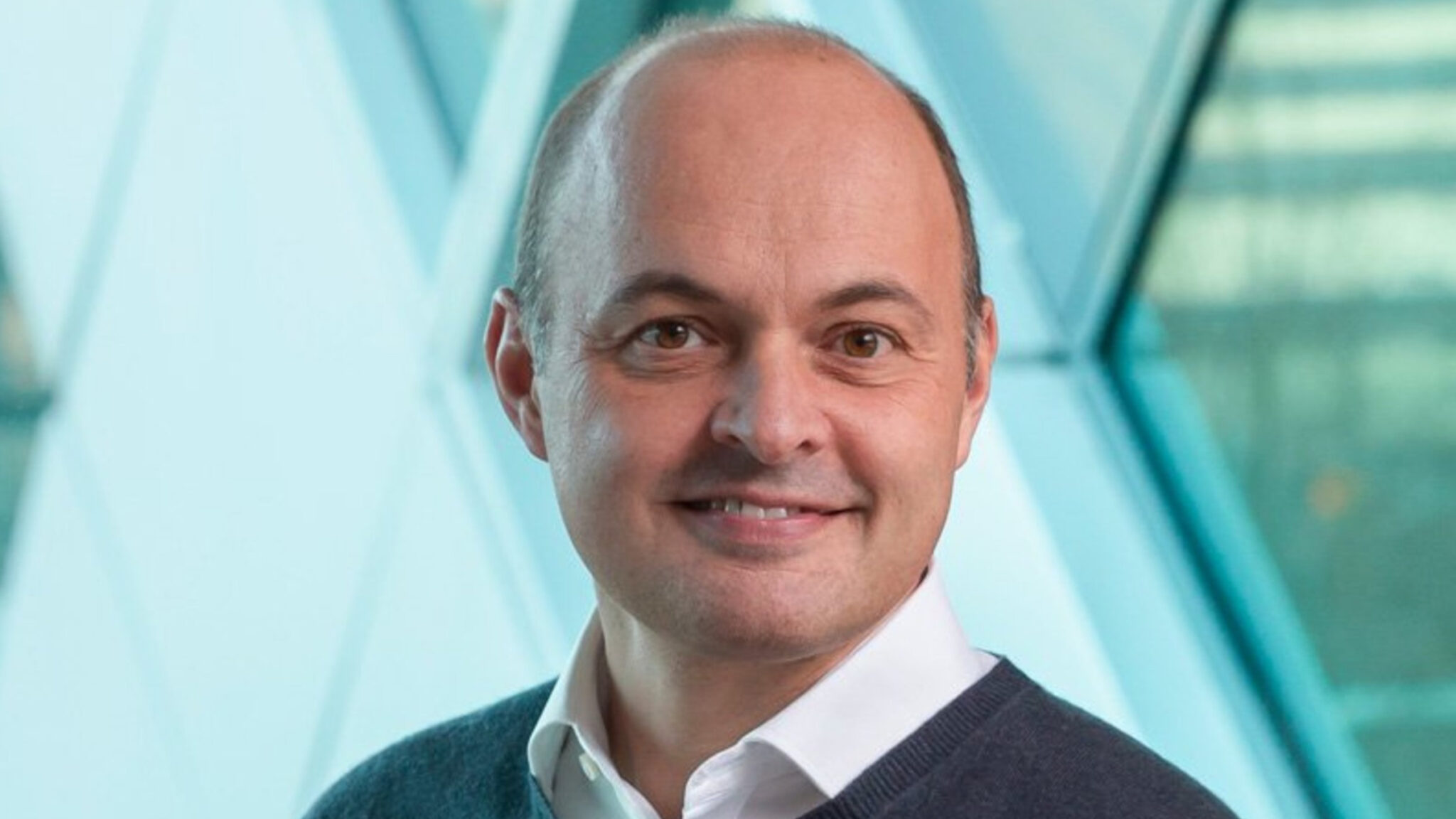
Werner Lanthaler, Evotec CEO
Boehringer Ingelheim, Evotec band with diagnostics player to tackle 'superbugs' through joint venture
Having offered financial support to companies developing antibiotics and fighting antimicrobial resistance, Boehringer Ingelheim is launching its own.
The German pharma is teaming up with …
Sign up to read this article for free.
Get free access to a limited number of articles, plus choose newsletters to get straight to your inbox.